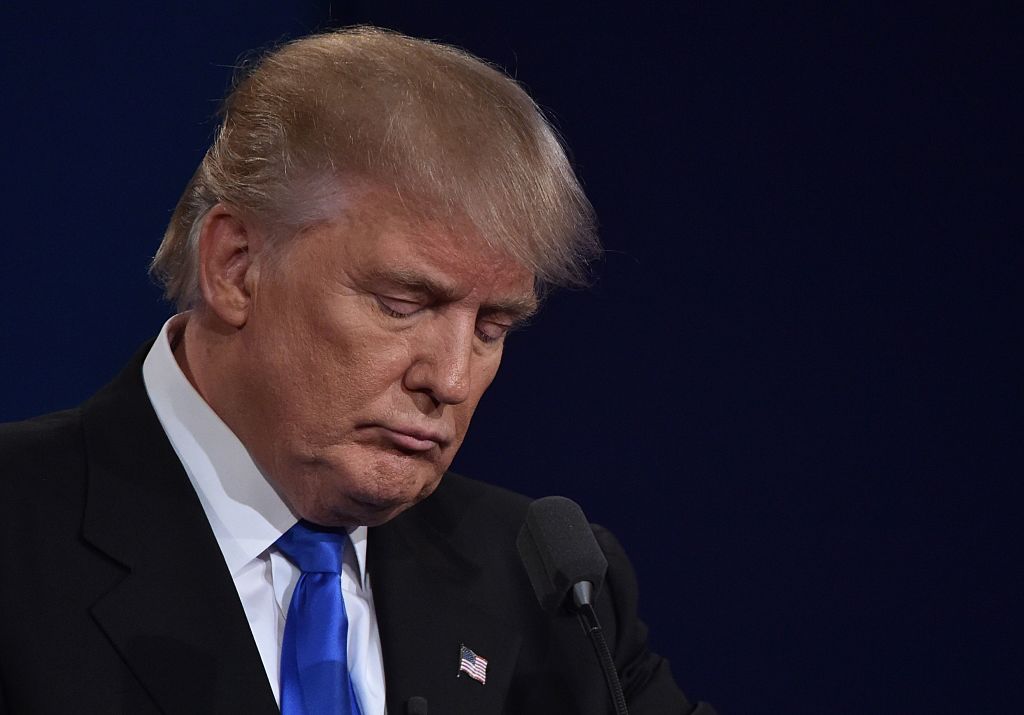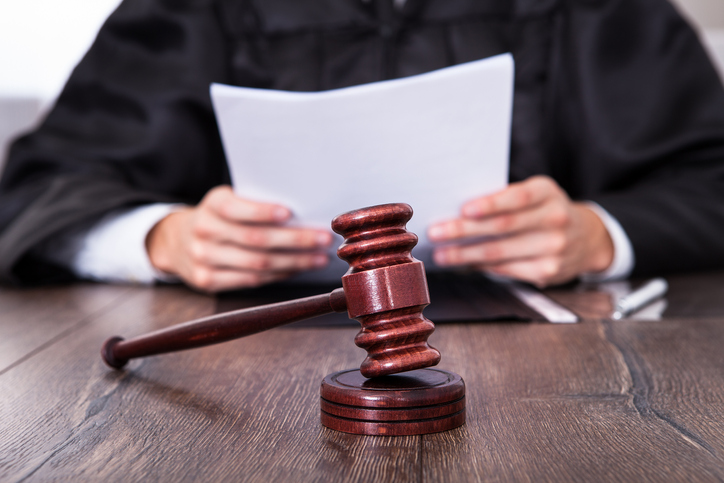Recent legislative amendments have resulted in protection for
religious groups against hateful and discriminatory treatment.
The Anti-Discrimination Amendment (Religious
Vilification) Act 2023 (NSW) amends the Anti-Discrimination Act 1977 (NSW) to
introduce a civil prohibition on religious vilification, consistent
with existing vilification provisions in the Act.
The new law is contained in Part 4BA of the
Anti-Discrimination Act.
The Bill will make it unlawful for a person, by a public act, to
incite hatred towards, serious contempt for, or severe ridicule of
a person, or groups of persons, based on their religious beliefs,
affiliations, or activities.
The new law will also extend its protection to individuals who
do not hold a religious belief or affiliation, as well as those who
do not engage in religious activity in acknowledgement that those
views should also be protected.
Definition of Public Act
A public act is defined under s 49ZD as any form of verbal
communication to or conduct observable by the public, including but
not limited to, print, radio, video, or online/social media.
The term also includes the distribution or dissemination of
matter to the public with knowledge the matter promotes or
expresses hatred towards, serious contempt for or severe ridicule
of:
- a person on the ground the person has, or does not have, a
religious belief or affiliation, or - a person on the ground the person engages, or does not engage,
in religious activity or - a group of persons on the ground the members of the group have,
or do not have, a religious belief or affiliation, or - a group of persons on the ground the members of the group
engage, or do not engage, in religious activity.
Objectives
The Attorney-General and Minister for Multiculturalism have
explained the rationale behind this change, citing an intolerance
of hatred and division on the basis of religion, and the enrichment
offered by a multi-faith community.
Vilification laws are intended to enable people to live free
from hostility and violence and to maintain and practice their
religious views without fear.
NSW Premier Chris Minns is quoted as saying that “abusing people
on religious grounds threatens the thriving, tolerant,
multi-religious and multi-ethnic heart of NSW…we must
all champion community harmony and togetherness and choose peace
and solidarity over hatred and divisions“.
The amendments to the Act will bring religious protection into
harmony with the protections afforded against vilification offered
to the LGBTQI+ community, racial minorities, and HIV/AIDS
status.
The NSW Labor Party has also pledged $10m to assist faith
organisations improve safety and security at places of worship,
schools, and community centres.
The government has also confirmed that it will establish a
Premier’s Prevention Panel on Racism and Extremism to address
growing concerns of faith and culturally and linguistically diverse
communities in NSW.
The panel will include stakeholders from government agencies
including the NSW Police Force, Multicultural NSW, NSW Health,
Department of Education, Communities and Justice, Local Government,
and Family and Community Services.
Conduct that Constitutes Religious Vilification
The amendments are directed namely at hate speech, which is
defined as conduct amounting to discrimination but not necessarily
vilification, which will not offend these new laws. There also
remains the distinction between conduct that is offensive and
conduct that is vilifying.
However, these classifications of conduct are fact-specific, and
the distinctions are nuanced. The types of conduct which would
amount to vilification include excessively foul language and
threats of violence, with reference to the victim’s religious
beliefs.
In effect, religious “discrimination” deals
with adverse treatment of an individual based on their religion,
whereas religious “vilification” deals with
statements causing harm. While discrimination on the basis of
religion is proscribed at the federal level, there is an exception
in the context of employment at an institution conducted in
accordance with the doctrines of a particular religion. The
proscription against vilification applies in addition to the
proscription against discrimination, and is without exception.
Remedies
The legislative changes will enable individuals who have been
subject to religious vilification the opportunity to seek redress
through civil proceedings. Such remedies may include:
- making a complaint to Anti-Discrimination NSW, which will normally be
dealt with by way of conciliation; - determination by the NSW Civil and Administrative Tribunal (NCAT)
for a range of orders including, damages of up to $100,000,
publishing of a retraction, and an apology.
In NSW, individuals can be fined up to $100,000 if they
religiously vilify someone.
Exceptions
There are exceptions to public acts which are intended to ensure
an appropriate balance between freedom of speech and freedom of
religion. The prohibition against religious vilification will not
apply to:
- a fair report of a public act;
- a communication or the distribution or dissemination of any
matter on an occasion that would be subject to a defence of
absolute privilege in proceedings for defamation; or - a public act, done reasonably and in good faith, for academic,
artistic, scientific, research or religious discussion or
instruction purposes or for other purposes in the public
interest.
The content of this article is intended to provide a general
guide to the subject matter. Specialist advice should be sought
about your specific circumstances.
#protections #religious #groups #vilification #Discrimination #Disability #Sexual #Harassment










